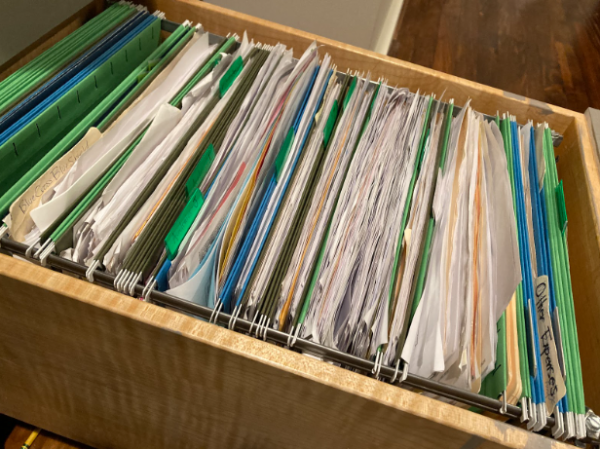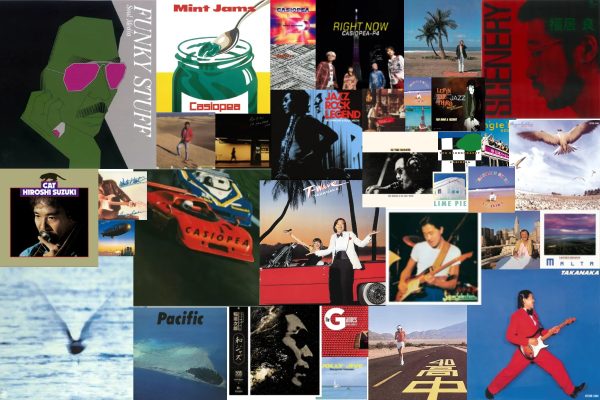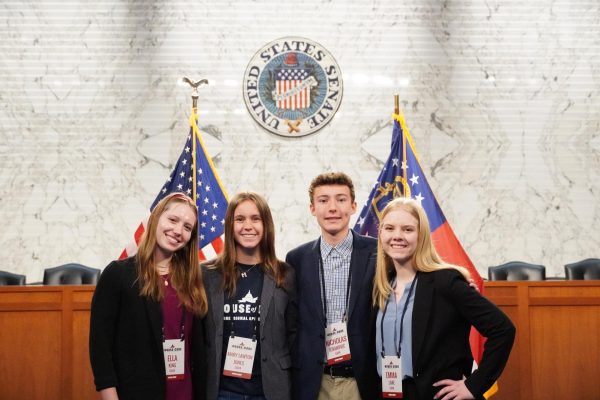How the Work of Madeleine Albright Works into Today’s Russia
In the 90s, my father bumped into then-Secretary of State Madeleine Albright at a retail store in Washington, DC. Unfortunately, he never worked up the courage to say hey and scurried away from her and her security detail. My father not only (nearly) met a high-ranking government official, but also one of the most fascinating and inspiring Secretaries of State that the country has ever had.
Albright was born during the midst of WWII and fled Czechoslovakia with her family. Her father was a Czech diplomat, and by the time her family was forced to flee their home country once again – this time due to a Soviet coup – she must have had a profound interest in the workings of government and politics. She worked for non-profits during the late 20th century and became a professor of international relations at Georgetown (go Hoyas!) until becoming the US Ambassador to the UN in ‘93 under Bill Clinton. By the time she was nominated to become Secretary of State, she was immensely knowledgeable and experienced in the field of foreign relations.
As Secretary of State, Albright worked to end the ethnic cleansing of Albanians in Kosovo by airstrikes conducted with other members of NATO. After weeks of bombing, a peace accord was signed and Kosovo eventually declared independence in 2008. She also interacted with Kim Jong Il in nuclear talks with North Korea. With this interaction in particular, it is clear to see that Albright is familiar with dealing with powerful dictators with dangerous ambitions. It was likely these experiences were what influenced her to write her book, “Fascism: A Warning.” One of the most relevant portions for today is that of the Russian president: Vladimir Putin.
Putin’s invasion of Ukraine was a ready display of fascism. The world witnessed, literally in HD in some cases, unjustifiable infringements upon the sovereignty of Ukraine and its people. In her book, Albright describes Putin as “cold.” She predicted that “he has a larger agenda which is to separate us from our allies and it begins by separating central and eastern Europe from western Europe.” That is, ultimately, his goal with the invasion of Ukraine. He wishes to reestablish Russia into the superpower position that the USSR malevolently dominated. He rose to power by appealing to this nationalistic sense in the population- a Russia-first policy, if you will. “Putin is embarrassed by what happened to his country and determined to restore its greatness,” wrote Albright in 2000. Today, Putin prides himself on having established Russia partway into its former glory. “He believes that he is the sole reason, in many ways, that Russia now is on the world stage and that he wants to make sure that Russia is always taken into consideration,” said Albright in an NPR interview. However, the former Secretary of State hoped that this will be different from the Cold War. Early showings of unity in the world community are evidence of that. “Russia is alone. […] We have allies, and Putin is alone.”
Your donation will support the student journalists of Chamblee High School Blue & Gold. Your contribution will allow us to print editions of our work and cover our annual website hosting costs. Currently, we are working to fund a Halloween satire edition.

Toby Russell is a senior and editor of the Blue & Gold. In five years, he hopes finally hit submit on his college apps. If he could have dinner with anybody, it would be former Secretary of State Madeline Albright. But maybe brunch would be more hip.







